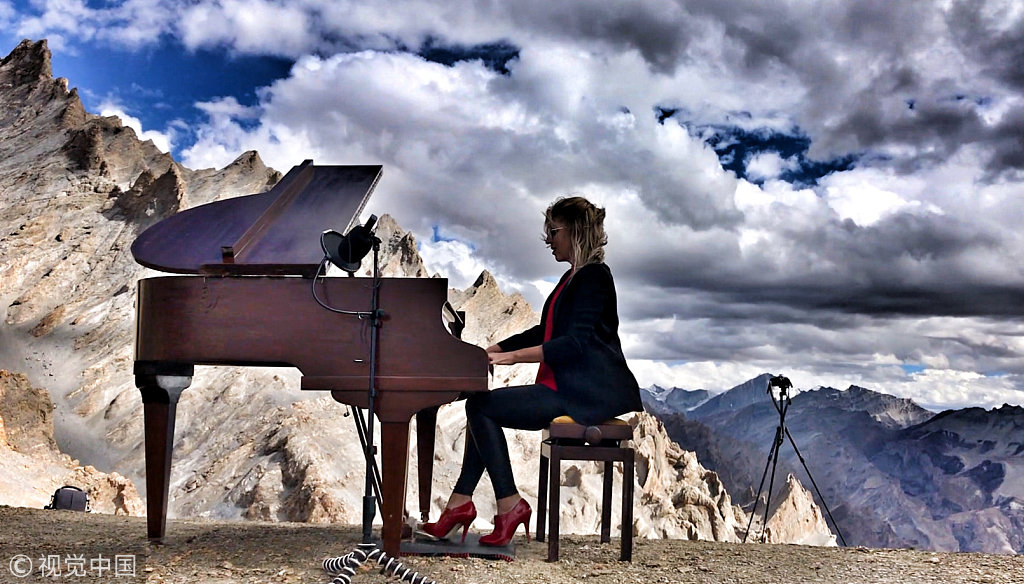Popular classical music piano has the remarkable ability to captivate audiences and evoke powerful emotions. With its rich history and diverse repertoire, this genre of music has left an indelible mark on the world. From the elegant compositions of Mozart and Beethoven to the mesmerizing melodies of Chopin and Debussy, popular classical music piano transcends time and connects people across generations. Its transformative power lies in its ability to transport listeners to different eras and evoke a range of emotions, from joy and serenity to melancholy and introspection. In this article, we explore the allure of popular-classical music piano, its impact on the listener, and its role in shaping the cultural landscape.
Table of Contents
The Enduring Appeal of Popular Classical Music Piano
Popular classical music piano has stood the test of time, captivating audiences for centuries. Its enduring appeal lies in its ability to blend technical virtuosity with emotional depth. The intricate fingerwork and expressive melodies create a captivating experience that engages listeners on a profound level. Whether it’s the dramatic intensity of Rachmaninoff or the delicate charm of Satie, popular-classical music piano has the power to transport us to a different realm.
The Evolution of Popular Classical Music Piano
Over the years, popular classical music piano has undergone significant evolution. From the Baroque era’s elaborate compositions to the Romantic period’s emotional intensity, the piano has adapted to reflect the changing musical landscape. The emergence of impressionism brought a new sense of freedom and experimentation, while the modern era witnessed the incorporation of jazz and popular music elements. Today, contemporary pianists continue to push boundaries, fusing classical techniques with innovative approaches to create a new wave of popular-classical music piano.
The Emotional Impact of Popular Classical Music Piano
One of the most remarkable aspects of popular classical music piano is its ability to evoke a wide range of emotions. From the exuberant jubilation of a triumphant crescendo to the haunting melancholy of a gentle nocturne, each composition tells a unique story that resonates with the listener’s soul. The delicate nuances and expressive phrasing of popular classical-music piano create a profound emotional connection that transcends words. It has the power to uplift spirits, offers solace during difficult times, and ignite a sense of wonder and awe.
The Influence of Popular Classical Music Piano on Culture
Popular classical music piano has played a significant role in shaping the cultural landscape throughout history. It has inspired artists, writers, and filmmakers, leaving an indelible mark on various art forms. From the use of classical piano compositions in movies to the incorporation of motifs in literature, the popular classical-music piano has permeated every aspect of culture. Its universal appeal transcends borders, language, and time, uniting people in their appreciation for the beauty and power of music.
The Therapeutic Benefits of Popular Classical Music Piano
Beyond its artistic value, popular classical music piano also offers therapeutic benefits. Research has shown that listening to classical music, particularly piano compositions, can reduce stress, enhance focus, and improve overall well-being. The soothing melodies and harmonies create a serene atmosphere, allowing listeners to unwind and find solace in the music’s embrace. Popular-classical music piano has been utilized in various therapeutic settings, from music therapy sessions to relaxation techniques, harnessing its transformative power to promote healing and inner peace.
The Role of Popular Classical-Music Piano in Education
Popular classical music piano has long been an integral part of music education. Learning to play the piano not only develops musical skills but also enhances cognitive abilities, fine motor skills, and discipline. The study of classical piano repertoire introduces students to a wide range of musical styles, fostering an appreciation for different periods and composers. It instills a sense of discipline, perseverance, and self-expression, nurturing creativity and critical thinking. The transformative power of popular classical-music piano in education extends beyond the realm of music, equipping students with valuable skills that benefit them in various aspects of life.
The Digital Age and the Accessibility of Popular Classical Music Piano
The advent of the digital age has brought about a revolution in the accessibility of popular classical music piano. Online platforms and streaming services have made classical piano recordings readily available to anyone with an internet connection. This newfound accessibility has exposed a broader audience to the transformative power of popular classical-music piano, breaking down barriers of geography and socioeconomic status. Listeners can now explore a vast repertoire of piano music, discover new artists, and deepen their appreciation for this timeless genre.
Conclusion
The transformative power of popular classical music piano is undeniable. From its enduring appeal and emotional impact to its influence on culture and therapeutic benefits, this genre of music continues to captivate and inspire. Its ability to transcend time and connect people across generations is a testament to its universal appeal. As we continue to navigate the complexities of the modern world, the transformative power of popular classical music-piano serves as a reminder of the beauty and solace that music can bring. So, immerse yourself in the enchanting melodies, let the music transport you, and experience firsthand the profound impact of popular-classical music piano.
